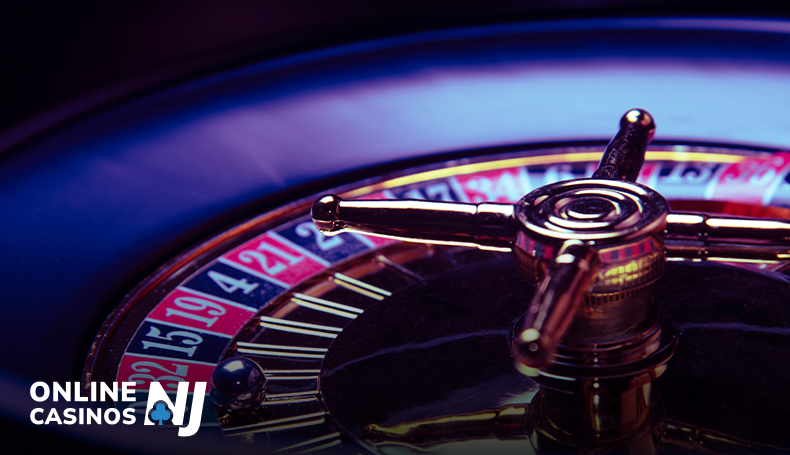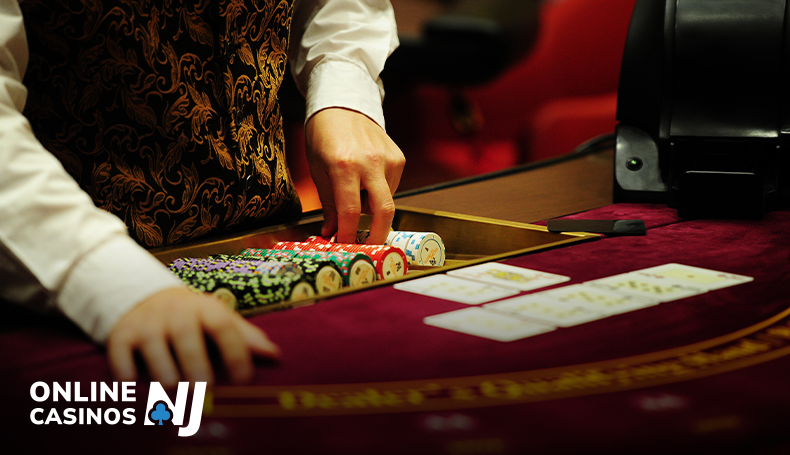The Casino Property Tax Stabilization Act was passed in 2014 and the law guarantees the state at least $120 million annually from Atlantic City Casino. The Tax Stabilization Act was actually in response to the casino resorts petitioning to have their property tax liability reduced due to the economic recession that hit the state at the time. This led to tumbling casino revenues causing huge problems for these businesses.
The 2014 Act was structured in a way that increased the casinos’ property tax bill as their GGR increases. In simpler terms, for a GGR of $2.6 billion or less, the tax figure would be at $120 million. This increases to as high as $165 million if the annual GGR exceeds #3.4 billion.
Armato argues that GGR generated online should not be added in the brick-and-mortar tax obligation.
Atlantic City’s nine land-based casinos have each partnered with interactive gaming suppliers for their internet and mobile applications. While they do share revenues with such third-party companies, they do not typically disclose their business arrangements.
“Gross gaming revenue means the total amount of revenue raised through casino gaming, including revenue from sports pool operations, from all the casino gaming properties located in Atlantic City as determined by the division for calendar years 2014 through 2020,” Armato’s bill reads. “Gross gaming revenue shall not include revenue derived from internet casino gaming and internet sports wagering during calendar years 2021 through 2025.”
The division in the bills refers to the New Jersey Division of Gaming Enforcement (NJDGE), the state’s gaming regulator.
The tax change proposal is limited to areas that were part of the 2014 Atlantic City property tax scheme and has no impact on sports betting at the Meadowlands, Freehold Raceway, and Monmouth Park.
GGR Numbers Decline In 2020
New Jersey’s gaming industry saw one of its worst years during the Covid-19 pandemic. The casinos had to first shut their doors for several months due to the surge of infection. However, when given the order to reopen, they had to open under strict restrictions. This goes on till today even though the restrictions have been relaxed but not totally removed.
The full-year GGR for 2020 declined by 16.9 percent, however, the DGE numbers gave a different view, stating that the nine casinos and two sports betting racetracks saw a growth of more than $2.88 billion.
In reality, land-based gambling inside Atlantic City casinos was cut by almost half. Slot machines saw a huge decline in revenue earning $833.7 million less than last year. Table games revenue fell by $340.3 million.
“There is so much help that we really need with these properties,” Hard Rock Atlantic City President Joe Lupo had said back in January
“We need to see the city revitalized, and it’s not going to happen when the media is reporting increases when they add in online revenue that is going to third-party companies that don’t have any stake in the [Atlantic City] game.”
Though land-based gaming revenue shrunk and went down 43.7 percent in 2020, iGaming GGR almost doubled in figures. Online casinos saw increases of up to $970.3 million, an increase of 482.7 million compared to 2019 figures.




















